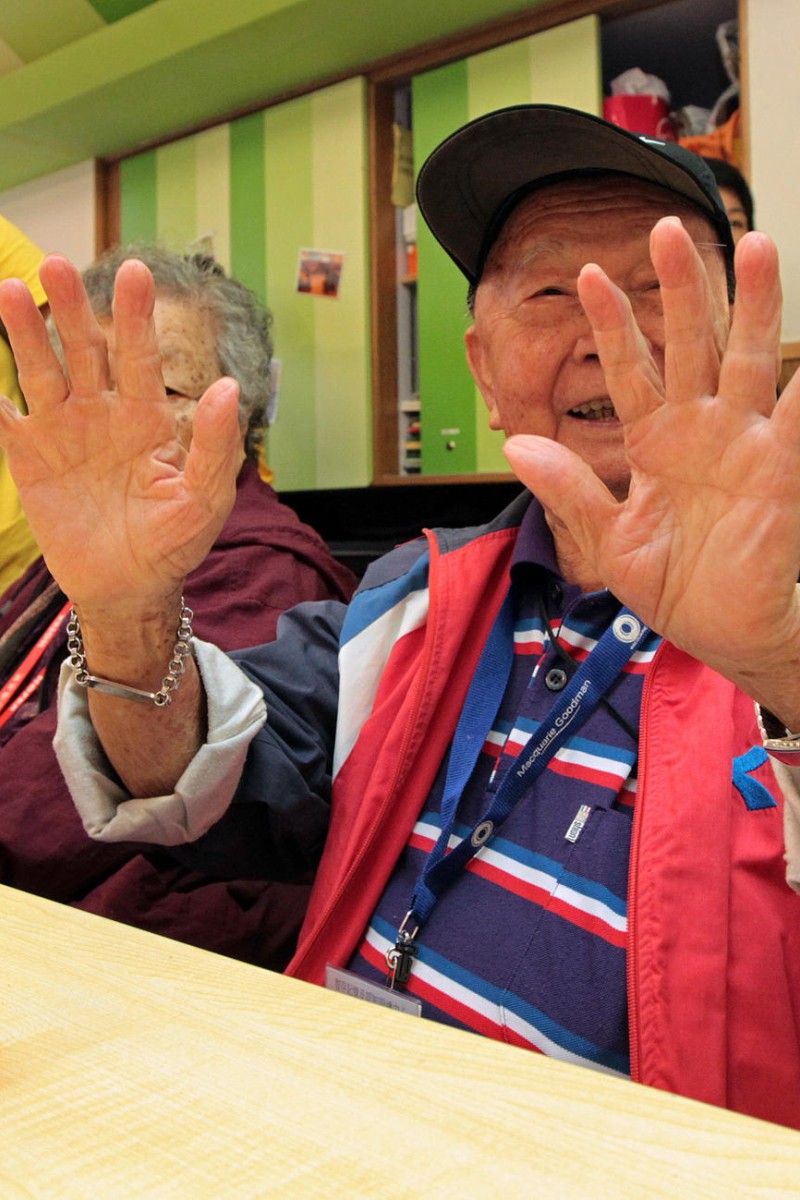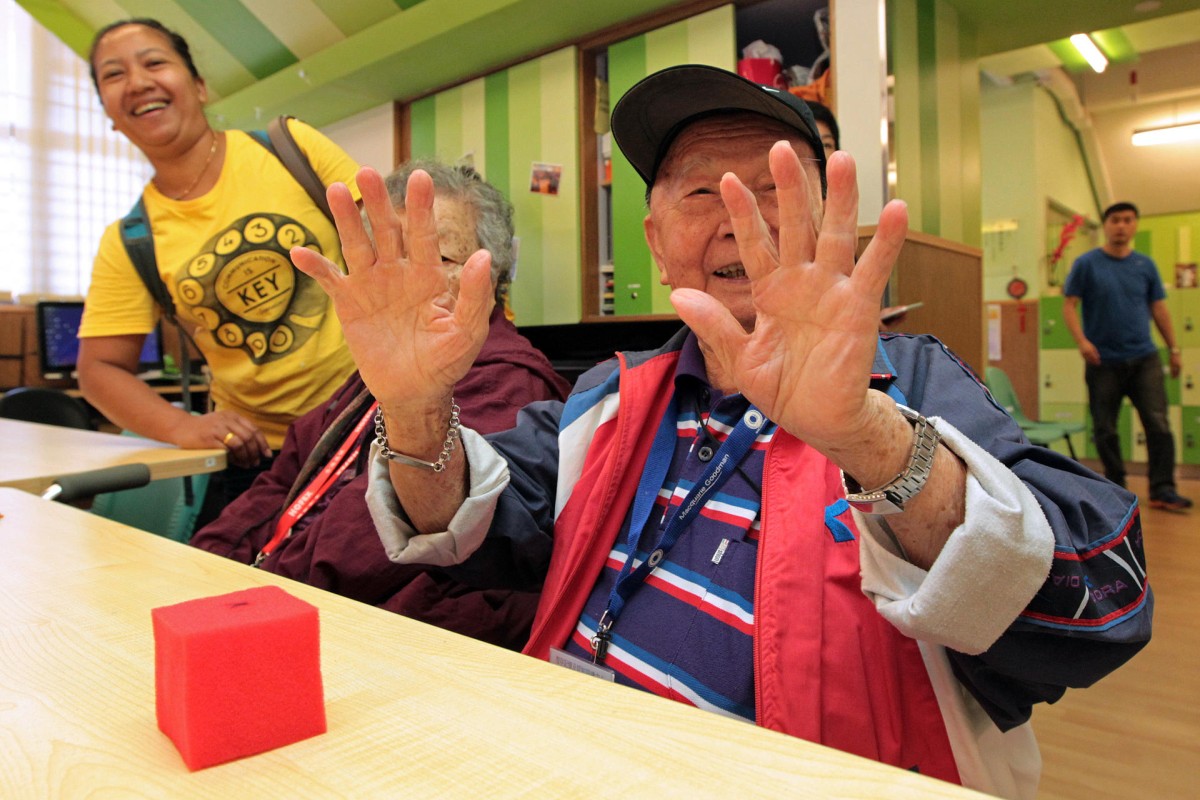
A new study shows that Hong Kong's elderly population will keep rising until the 2050s, but there's still no plan to tackle disorder
 Dementia can be delayed with mental training, but this can be expensive.
Dementia can be delayed with mental training, but this can be expensive.The number of Hongkongers over the age of 80 will peak after 2050, and at least a third of them will have dementia. This is shown by new population projections set to be released at the end of the month.
But the upcoming elderly services planning report - the first since 1991 - will not contain any concrete policies for tackling dementia, even though experts tagged the chronic illness as the biggest problem as the city's population ages.
"If we don't start doing something about dementia now, it will be too late," said Law Chi-kwong, social work professor at the University of Hong Kong and chairman of the Community Care Fund task force. "Dementia is the most hard-to-deal-with issue created by the ageing population - because we've swept it under the rug for too long."
One in 10 Hongkongers older than 65 suffers from dementia, most often in the form of Alzheimer's. This goes up to one in three for those aged 80 or above. Currently, up to 80,000 people have dementia.
Law says people older than 80 will need more medical, social and community support. About 4.5 per cent of the current population - 326,000 people - is aged 80 or above. The figure will almost double to 696,700 by 2035 and further rise to 11.3 per cent by 2041, which is close to a million.
Cognitive exercises help to delay deterioration, but the elderly need to pay for such services, said association executive director, Maggie Lee Nga-yee.
"It means that if you're rich you can afford dementia-specific help, but if you're poor, there's nothing for you," said Lee.
The Hong Kong Alzheimer's Disease Association estimates that dementia-specific costs will amount to US$3.2 billion this year.